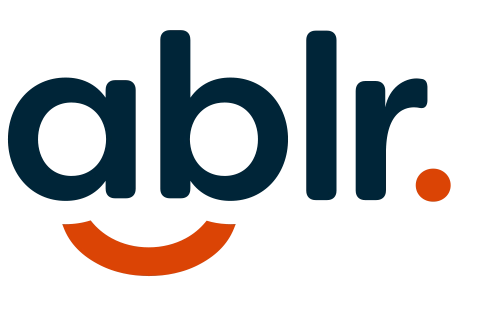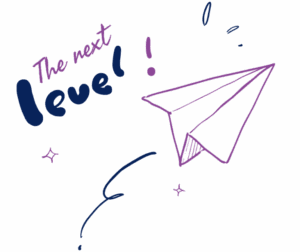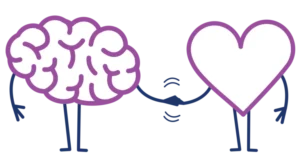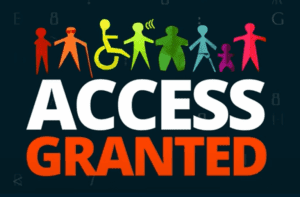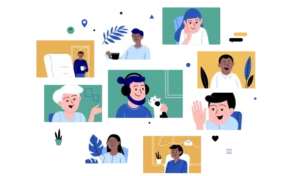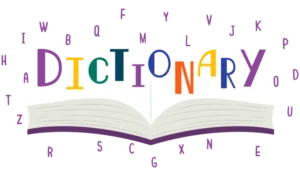Losing your sight doesn’t mean losing your potential. Whether you’ve recently started experiencing sight loss or have been blind for years, you have skills, talents, and ideas that deserve a place in the workforce. And while the job market can be tough for anyone, it’s absolutely possible to build a career that’s meaningful, sustainable, and fully accessible—with the right tools, support, and strategy.
It’s important to be realistic—learning new skills, mastering assistive technology, and navigating workplace accessibility can take dedication and perseverance. The process isn’t always easy, but it’s absolutely possible, and every step you take builds your confidence and capability.
In this article, we’ll walk you through some inclusive careers, practical job search tips, and resources to help you navigate your next step.
Careers Where Blind Professionals Thrive
Blind and low vision professionals succeed in just about every field you can think of. From classrooms and courtrooms to call centers and corporate offices, the possibilities are wide open.
Some popular and accessible fields include:
- Education and counseling: Many people find purpose as teachers, tutors, mentors, or social workers. These roles often rely more on communication than visuals.
- Technology: With assistive tech and screen reader-friendly coding environments, blind developers, IT specialists, and accessibility testers are in high demand.
- Writing and communications: Blogging, podcasting, journalism, and audio editing are careers that often use tools compatible with screen readers and keyboard navigation.
- Customer service and admin support: With remote work and accessible tools, many blind professionals find success in service-based or clerical roles.
- Entrepreneurship: Building your own business is also an option, especially if you want more control over your work environment and schedule.
No matter the field, the key is to find a career that plays to your strengths.
Tools That Help You Succeed in the Job Market
In a world that isn’t always designed with accessibility in mind, assistive technology can help you feel more included and confident. Tools like screen readers, voice dictation software, Braille displays, screen magnifiers, and accessible mobile apps can help you write emails, build spreadsheets, code websites, or lead meetings—all without needing to rely on sight.
In some industries, adaptive equipment is already standard. In others, you may be the first to introduce it. That can feel intimidating at first, but it’s also a huge achievement. If you know what tools you need to do your job, you’re already halfway there.
How to Navigate the Hiring Process
The job search often feels like a test of confidence, and when you’re blind or low vision, that can feel even more complicated. Should you disclose your disability upfront? When do you ask for accommodations? What if the interview process isn’t accessible?
These are valid concerns. But here’s what we want you to know: You deserve an interview process that works for you. You’re allowed to request accommodations. And your disability doesn’t take away from your professionalism or potential.
Some people choose to disclose early, especially if accommodations are needed for testing, interviews, or paperwork. Others wait until later in the process. Either approach is acceptable, it just depends on what feels right for you.
What matters most is being prepared. Practice talking about your skills and experience in a way that feels confident and clear. If needed, be ready to explain how you accomplish tasks using tools or strategies that work for you. Most employers care less about how you do something and more about whether you can do it effectively.
Resources to Explore
Here are some starting points for finding assistive technology, accessibility strategies, and information about accessible career platforms:
- American Foundation for the Blind – Employment & Technology Resources: www.afb.org
- National Federation of the Blind – Technology & Job Search Tips: www.nfb.org
- Hadley – Free Online Workshops for Blind and Low Vision Professionals: www.hadley.edu
- Job Accommodation Network (JAN): Practical guidance on requesting accommodations – askjan.org
- AccessWorld (AFB): Reviews and comparisons of screen readers, apps, and workplace tech – AccessWorld
These resources can help you identify which platforms are accessible, learn about screen reader-friendly tools, and connect with others who’ve navigated similar challenges.
Support Makes a Difference
Navigating the job market is not something you have to do alone. There are training programs, community groups, and advocacy organizations built specifically to support blind and low vision job seekers. They can help you build skills, connect with mentors, prepare for interviews, and explore career paths that may not have been on your radar.
Many people also find community through peer-led spaces or groups that share their lived experiences. Whether it’s an online network, a vocational rehab program, or a local training center, surrounding yourself with people who understand your journey can make a huge difference.
The right job for you is out there. Keep learning, keep advocating, and keep believing in what you bring to the table. Because there’s a place for you in the workforce and we’re here to help you find it. If you’re ready to discover a career that suits you—and want to build your skills and confidence along the way—the Ablr Adult Workforce Program offers training, support, and hands-on experience to help you succeed in the workforce.
